
Iraq
's Yezidi minority is now facing oppression and displacement (Images: AA)" width="300" height="203" /> Iraq’s Yezidi minority is now facing oppression and displacement (Images: AA)Baghdad, 11 Shawwal 1435/7 Agustus 2014 (MINA) – Iraq’s Yezidi minority is now facing oppression and displacement along with Shias and other minorities because of their religion since ‘the Islamic State of Iraq and Levant’ led-forces took control of north-west Iraq in June.
Hundreds of Yezidis have been killed and 500 women were kidnapped as slave concubines in Sinjar, and 70 children have died of thirst, claimed Vian Dakhil, the only lawmaker who represents the Yezidi minority group in Iraq’s Parliament, Anadolu Agency quoted by Mi’raj Islamic News Agency (MINA) as reporting.
The Yezidis, a minority group in Iraq, who have long suffered numerous attacks because of their religion, have now been targeted by the Islamic State of Iraq and Levant (ISIL) militants who call them “devil-worshippers.”
Yezidis, an ancient and eclectic religious sect, are known to be an off-shoot of the pre-Islamic Zoroastrian faith, fusing Manichaean, Jewish, Nestorian Christian and Islamic elements.
Also Read: Syrian President Rejects Federalism, Says Coastal Region Remains National Priority
They believe in one God, and a Peacock Angel – known as Malak Ta’us – who, according to them, is the representative of God on earth. The Yezidi traditionally can only marry someone from the same faith.
Orthodox Islamic scholars regard them as heretical. Radical Muslims consider the Yezidi as devil worshippers due to misinterpretations of their Peacock Angel, according to a study by the Institute for International Law and Human Rights.
Iraq is home to about 500,000 Yezidis today. The estimated population of the minority group was around 750,000 in 2005 but thousands of families fled to other countries for fear of being killed, according to the United States Commission on International Religious Freedom.
Iraq’s Sinjar, near the city of Mosul, is the traditional home of the minority community but they are also present in Syria, Jordan, Turkey, Russia, Armenia, Georgia and in some European countries.
Also Read: Syria, Jordan Condemn Netanyahu’s Visit to Occupied Syrian Buffer Zone
Yezidis have fled from Sinjar and are now hiding in mountains in fear of being massacred by ISIL militants. The U.N. said as many as 200,000 civilians have fled the area, calling it a “humanitarian tragedy”.
They are now trying to survive in a mountainous region in the holy city of Lalish with no food and water under Iraq’s boiling heat.
Some of the Yezidi who started to flee to Turkey to escape attacks from ISIL militants have arrived in Turkey’s Silopi district in the southeastern Sirnak province.
Haydar Omer, one of the Yezidis fleeing from his country, told Anadolu Agency they had to leave their hometowns after ISIL militants set their houses and villages on fire.
Also Read: UNIFIL Reports Over 7,300 Israeli Violations of Lebanese Airspace Since Ceasefire
“ISIL members were massacred in Til Ezir by cutting men’s heads off, also women and girls were kidnapped and brought to Mosul,” Omer said. “We did not have any guns to fight them so we had to leave to come to Turkey. We will go to our relatives here.”
Another Yezidi, Nidal Halid, stated they asked for weapons from the Kurdistan Democratic Party’s (KDP) Peshmerga forces but they did not give them any claiming that they (KDP) would defend them.
The ISIL-led militants seized control of the town of Sinjar near the city of Mosul on Sunday after fierce clashes, which saw Kurdish Peshmerga forces withdraw from the region they had protected since insurgents overran Mosul and the surrounding localities in June.
The Yezidi community suffered one of the worst attacks in 2007 when 400 people were killed and more than 1500 were wounded when four trucks loaded with explosives destroyed two Yezidi towns.
Also Read: Russia Condemns UN Gaza Resolution, Says It Contradicts Palestinian Statehood
The 2007 attack left more than 1,000 families homeless.
Yezidis were also killed under the regime of Saddam Hussein, the former Iraqi dictator. (T/P09)
Mi’raj Islamic News Agency (MINA)
Also Read: Israeli Airstrike on Palestinian Refugee Camp in Lebanon Kills 13





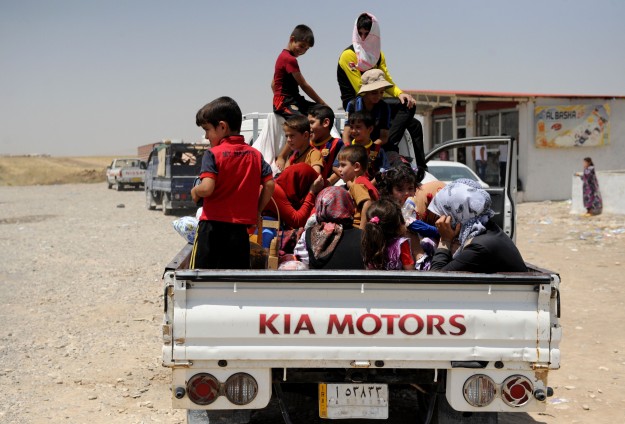


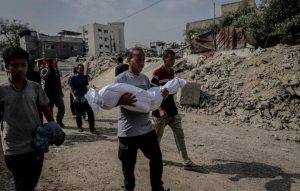
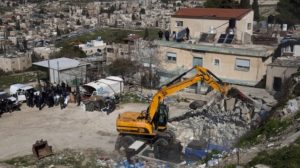

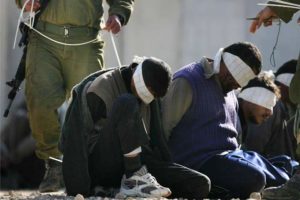

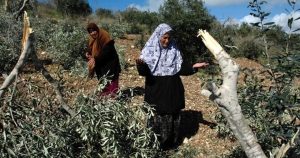




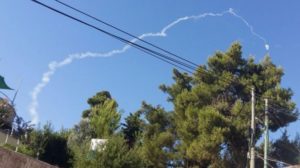














 Mina Indonesia
Mina Indonesia Mina Arabic
Mina Arabic